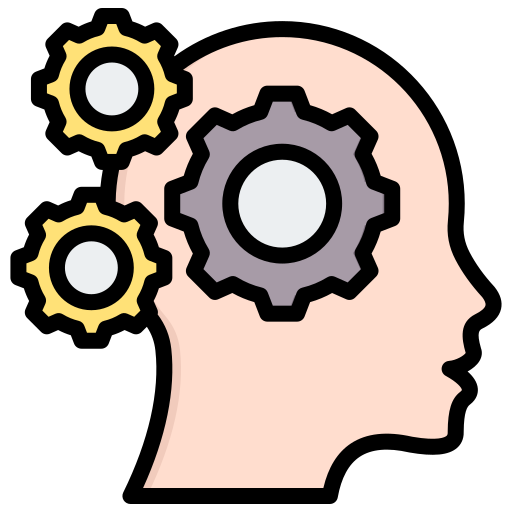Comparative effectiveness of CBT
Anxiety disorders are among the most common mental health disorders, affecting approximately 40 million adults in the United States alone (Anxiety and Depression Association of America, 2021). These disorders can have a significant impact on an individual’s daily life, causing distress, impairments in functioning, and decreased quality of life. Fortunately, there are effective treatments available for anxiety, including cognitive-behavioral therapy (CBT) and medication. However, there has been ongoing debate about which treatment is more effective. This paper aims to compare the effectiveness of CBT and medication in treating anxiety disorders.
Effectiveness of CBT and Medication in Treating Anxiety Disorders
Overview of CBT and Medication:
CBT is a psychotherapy approach that focuses on identifying and changing negative thought patterns and behaviors that contribute to anxiety. It is based on the idea that our thoughts, feelings, and behaviors are interconnected, and by changing our thoughts and behaviors, we can improve our emotional well-being. CBT typically involves a structured and goal-oriented approach, where the therapist helps the individual develop coping skills to manage anxiety symptoms
On the other hand, medication, such as selective serotonin reuptake inhibitors (SSRIs) and benzodiazepines, are commonly prescribed for anxiety disorders. These medications work by targeting neurotransmitters in the brain, such as serotonin and gamma-aminobutyric acid (GABA), to regulate emotions and reduce anxiety symptoms. Medication is often recommended for individuals with severe anxiety or those who do not respond to psychotherapy alone (National Institute of Mental Health, 2018).
Comparative Effectiveness:
Numerous studies have compared the effectiveness of CBT and medication in treating anxiety disorders. One such study by Hofmann et al. (2012) found that CBT and medication both showed significant improvements in anxiety symptoms, with no significant difference in effectiveness between the two treatments. However, the study also found that CBT had lower relapse rates than medication, suggesting that CBT may have longer-lasting effects.
Another study by Mitte (2005) also found similar results, with CBT and medication both showing significant improvements in anxiety symptoms, but CBT having a more significant effect on reducing relapse rates. Additionally, the study found that CBT had fewer side effects compared to medication, further supporting the argument for its effectiveness.
A meta-analysis by Cuijpers et al. (2014) examined the long-term effects of CBT and medication in treating anxiety disorders. The study found that CBT had a more significant effect on reducing anxiety symptoms, both in the short-term and long-term. It also found that medication had a higher risk of relapse compared to CBT.
However, a study by Borkovec et al. (2002) found that medication and CBT had similar effectiveness in treating anxiety disorders. The study also found that a combination of medication and CBT had the most significant effect on reducing anxiety symptoms.
Discussion:
Overall, the evidence suggests that both CBT and medication are effective in treating anxiety disorders. However, CBT may have an edge over medication in terms of long-term effectiveness and lower relapse rates. Additionally, CBT has fewer side effects compared to medication, making it a safer and more tolerable treatment option for some individuals.
It is worth noting that the effectiveness of treatment may vary depending on the type of anxiety disorder and individual factors such as severity of symptoms and personal preferences. For instance, some individuals may respond better to medication, while others may prefer the non-invasive nature of CBT.
Conclusion:
In conclusion, both CBT and medication have shown to be effective in treating anxiety disorders. While medication may provide immediate relief, CBT may have longer-lasting effects and lower relapse rates. Therefore, a combination of both treatments may be the most effective approach for individuals with severe anxiety. Ultimately, the choice between CBT and medication should be based on individual needs and preferences, and it is crucial to consult with a mental health professional to determine the best treatment plan.









